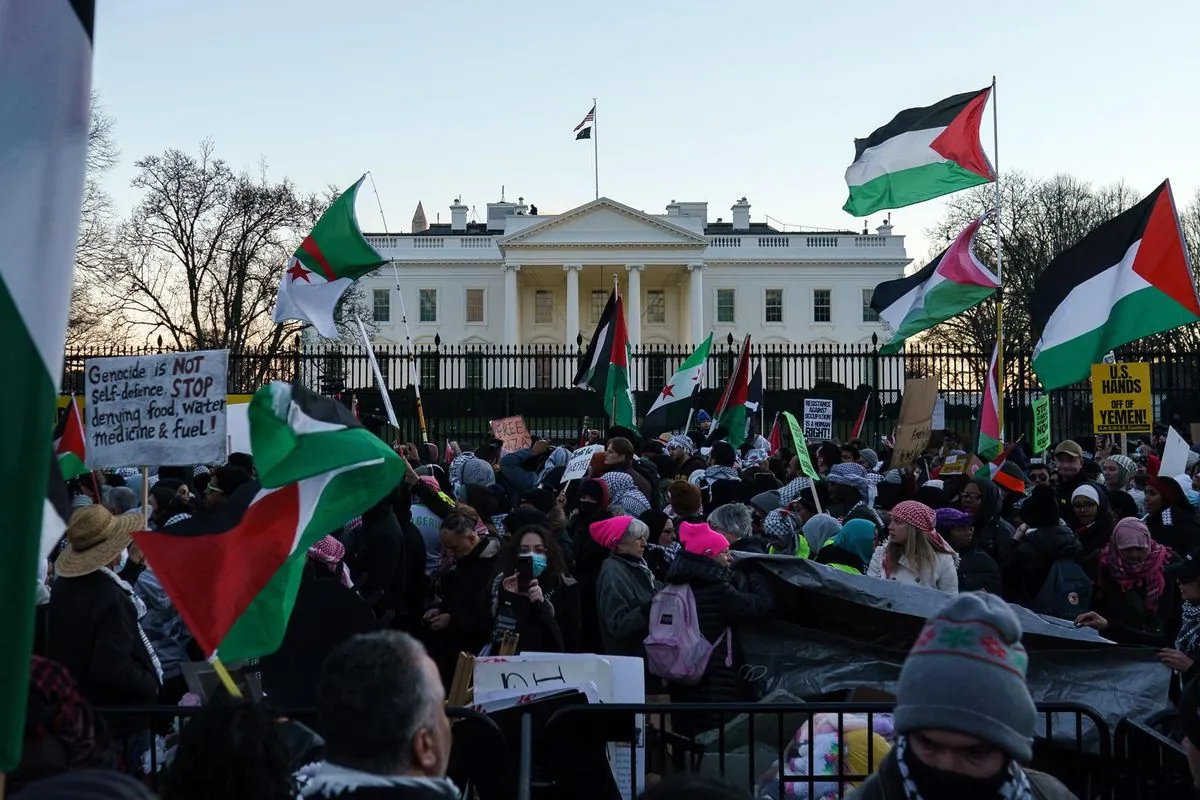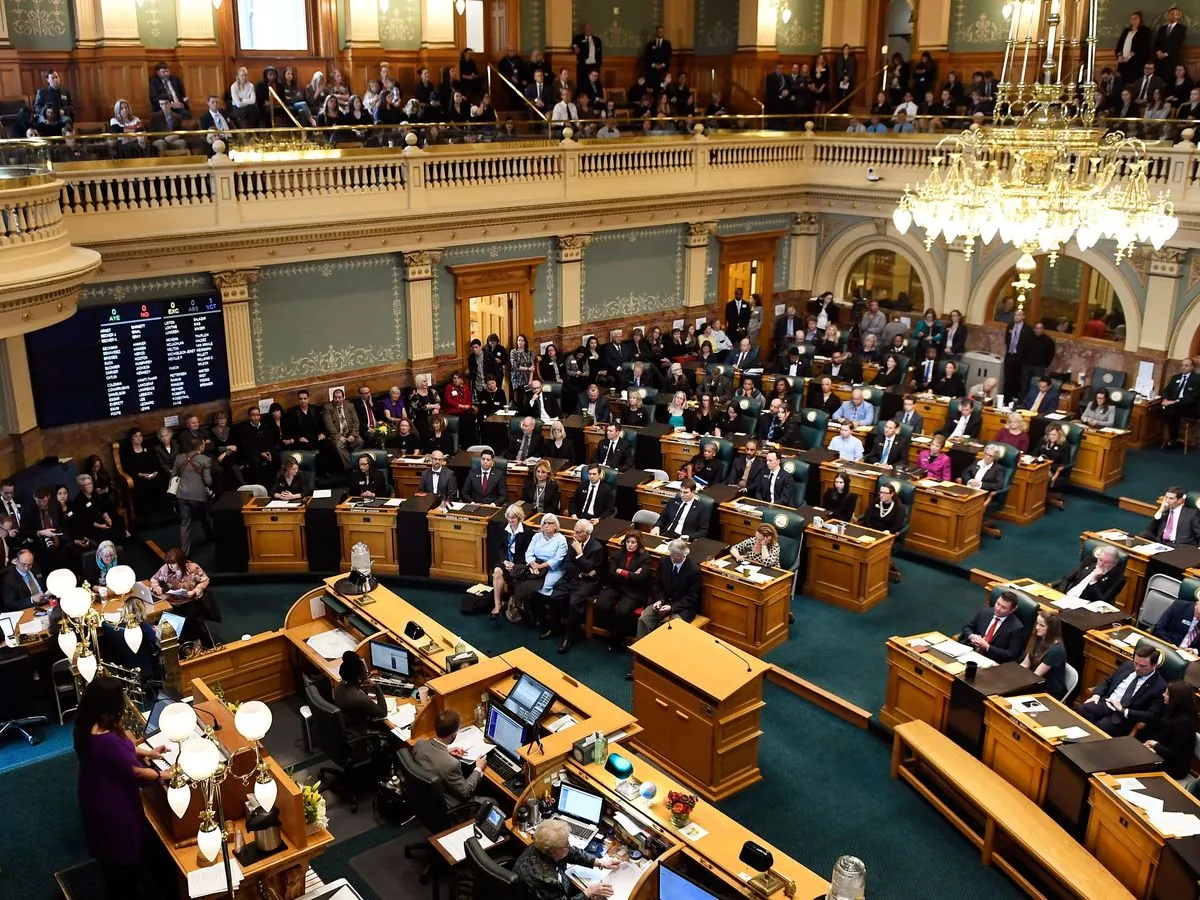U.S. Facilitates Limited Evacuation from Lebanon Amid Rising Tensions
As conflict escalates in Lebanon, the U.S. arranges flights for about 250 Americans. Officials meet to address evacuation challenges, while thousands of U.S. citizens remain amid airstrikes and dwindling flight options.

In response to the escalating conflict in Lebanon, the United States has orchestrated the evacuation of approximately 250 American citizens and their family members this week. This limited evacuation comes as thousands of U.S. nationals still in the country face increasing risks from airstrikes and diminishing commercial flight options.
Lebanon, a country with a rich history dating back thousands of years, has been grappling with multiple crises in recent years. The nation, which gained independence from France in 1943, has been experiencing a severe economic downturn since 2019, compounded by political instability and now, the threat of regional conflict.
On Thursday, senior U.S. government officials convened with two prominent Arab American leaders to discuss the ongoing evacuation efforts. Alabas Farhat, a Michigan state representative, and Abed Ayoub, executive director of the American-Arab Anti-Discrimination Committee, participated in these high-level meetings at the White House and the Department of Homeland Security.
Ayoub emphasized the importance of addressing the logistical challenges faced by community members during the evacuation process. The meetings highlighted the complexities of the situation, particularly for the Arab American community, which has deep ties to the region.

While some officials and community leaders in Michigan, home to the largest concentration of Arab Americans in the U.S., are advocating for a full-scale evacuation, the Pentagon has stated that such measures are not currently under consideration. Pentagon spokeswoman Sabrina Singh assured that the U.S. military is prepared to evacuate American citizens if necessary but has not been called upon to do so at this time.
The situation in Lebanon has become increasingly precarious due to the ongoing conflict between Israel and Hezbollah, an Iranian-backed militant group founded in 1982. Israel has intensified its airstrikes and launched a ground incursion into southern Lebanon, targeting Hezbollah leaders. This escalation follows Iran's launch of nearly 200 ballistic missiles toward Israel earlier this week, raising fears of a potential regional war.
The current crisis is reminiscent of the 2006 Lebanon War, which lasted 34 days and involved intense fighting between Hezbollah and Israel. The region's complex history and religious diversity, with Lebanon having 18 officially recognized religious sects, contribute to the intricate nature of the conflict.
"He simply got up, found his phone, and told me he needed to finish praying in case another strike hit him."
This poignant statement reflects the human cost of the conflict, as families mourn loved ones caught in the crossfire. Kamel Ahmad Jawad, a resident of the Dearborn area in Michigan, lost his life in southern Lebanon on Tuesday while assisting vulnerable civilians.
The U.S. State Department has been advising Americans against travel to Lebanon for almost a year and encouraging those in the country to depart via commercial flights. However, many U.S. citizens and green-card holders have reported difficulties in securing flights out of the country. Lebanon's ongoing economic crisis, characterized by banking restrictions and frequent power outages, has further complicated evacuation efforts.
Despite these challenges, the State Department has facilitated the departure of several hundred Americans through Lebanon's flag carrier, Middle East Airlines, which set aside approximately 1,400 seats for U.S. citizens over the past week. The U.S. Embassy in Beirut has also been offering emergency loans to aid travel out of Lebanon and is prepared to provide temporary loans for those wishing to relocate within the country.
As the situation continues to evolve, the international community watches closely. Lebanon, known for its rich culture, diverse religious landscape, and renowned cuisine, now faces yet another challenge in its long history. The country, which hosts the largest number of refugees per capita in the world, finds itself once again at the center of regional tensions, highlighting the complex geopolitical dynamics of the Middle East.


































